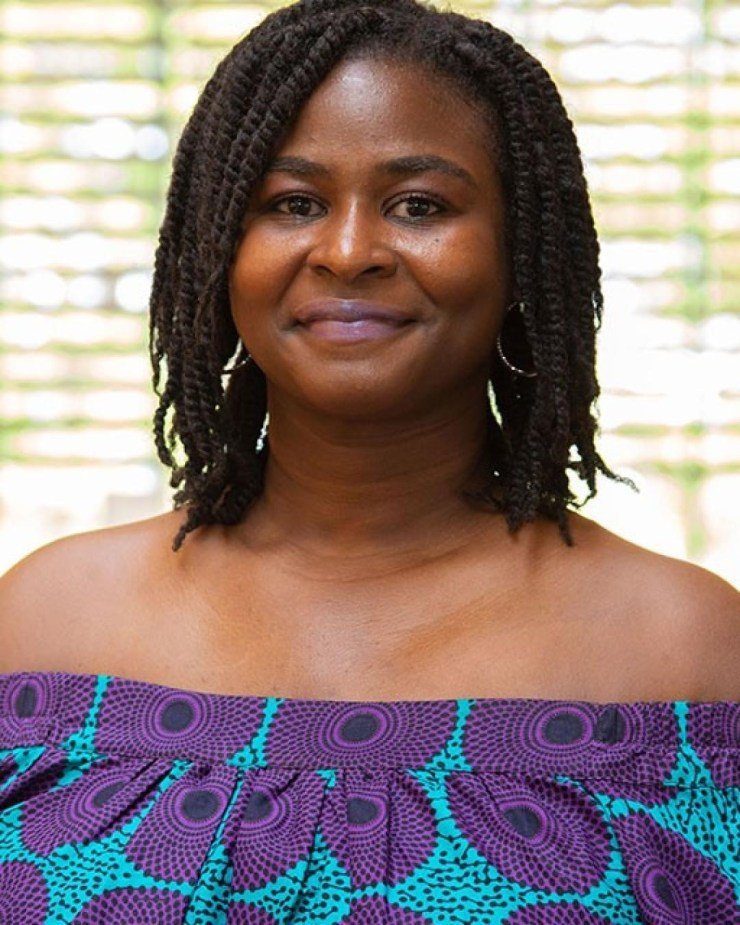Talk: Considering Order Carnivora in 22nd Century Mammalogy
Carnivores remain of great social, economic, and ecological interests, serving to couple a myriad of human and natural processes. These species include those of both conservation and public health concern that exhibit varied sensitivities to environmental change, manifesting in their behavior, ecology, and distribution. However, as climatic and physical environments change through urbanization, agricultural expansion, and other human activities, so does the values and behavior of people. These human dimensions will ultimately determine the success of carnivore persistence and more broadly our discipline. The field of mammalogy is thus challenged to scrutinize what research questions are pursued and how such work should be ethically implemented. Mammalogists must be introspective and reactive, assessing principles of inclusion and justice in our work. Increasingly we must leverage technology, work across scales, integrate diverse forms of knowing, and apply interdisciplinary techniques. As we reflect on the future of carnivores and future of mammalogy, in many respects are fates are non-independent. Coexistence between us and them in the 22nd century will require paradigm shifts, disruptions of legacy, new professional standards, and innovations that enhance monitoring and analysis.

Dr. Nyeema Harris received her Ph.D. from North Carolina State University in 2011. She is currently the Knobloch Family Associate Professor of Wildlife and Land Conservation at Yale University, where she leads the Applied Wildlife Ecology (AWE) Lab. Dr. Harris studies the behavior and ecology of carnivore movement, with emphasis on how interactions between carnivores and other members of their ecological communities shape conservation concerns and decisions. To address these questions, Dr. Harris conducts field work in Africa, India and the US. Her study systems include natural as well as urban ecosystems and human-wildlife conflict is central to much of her work. Dr. Harris is also nationally and internationally recognized advocate for the inclusion of diverse voices in science, a theme that is evident not only in her research, but also in her teaching, mentoring, and work with local communities.
